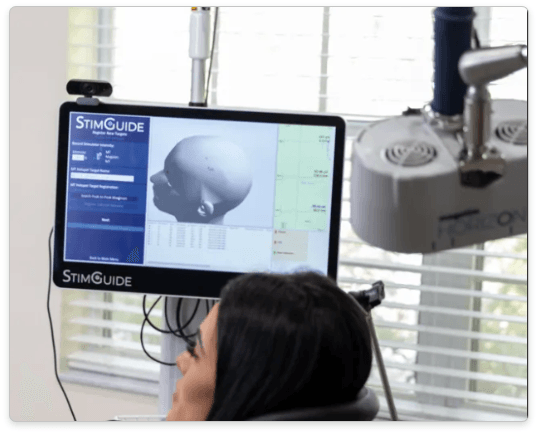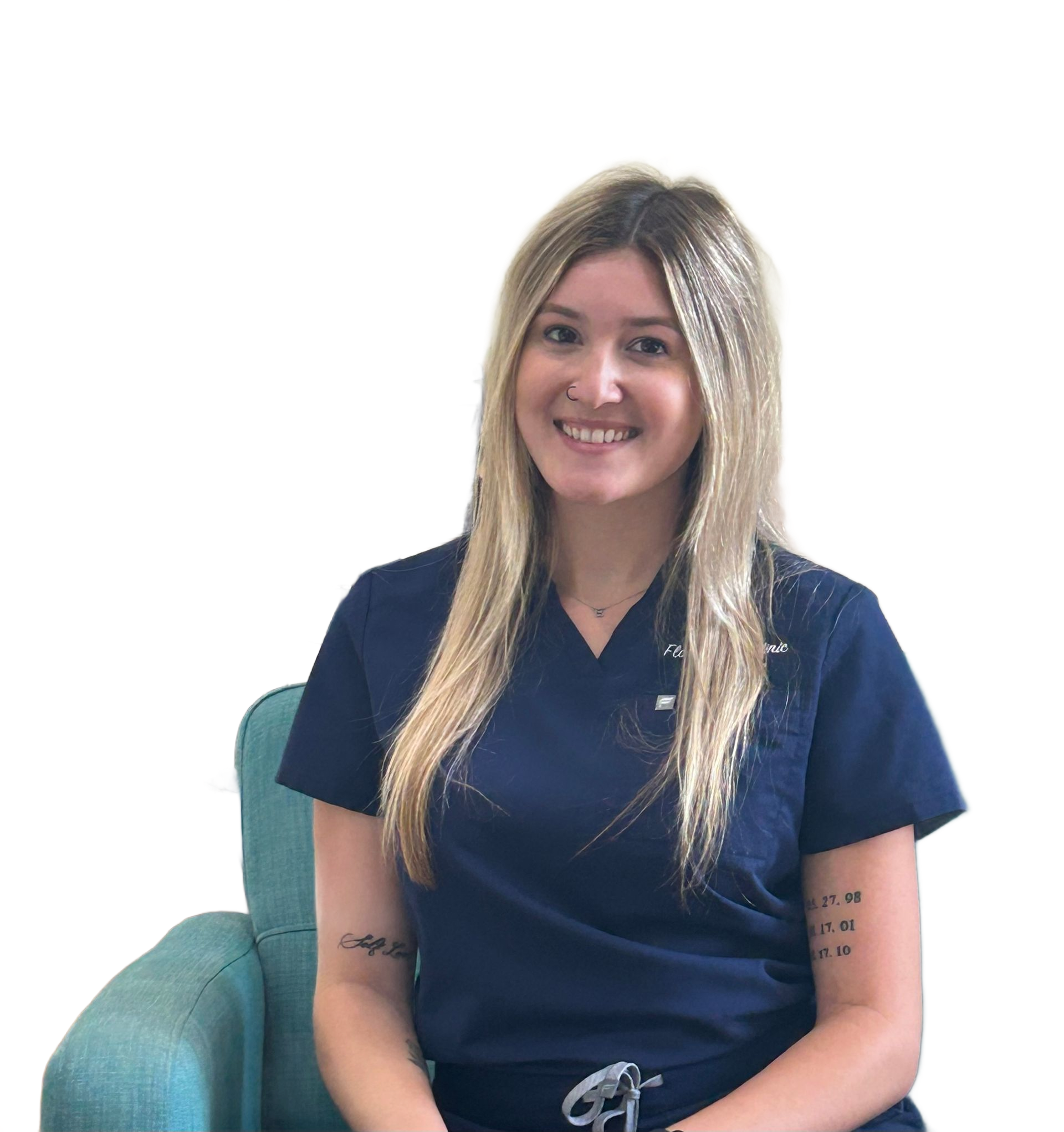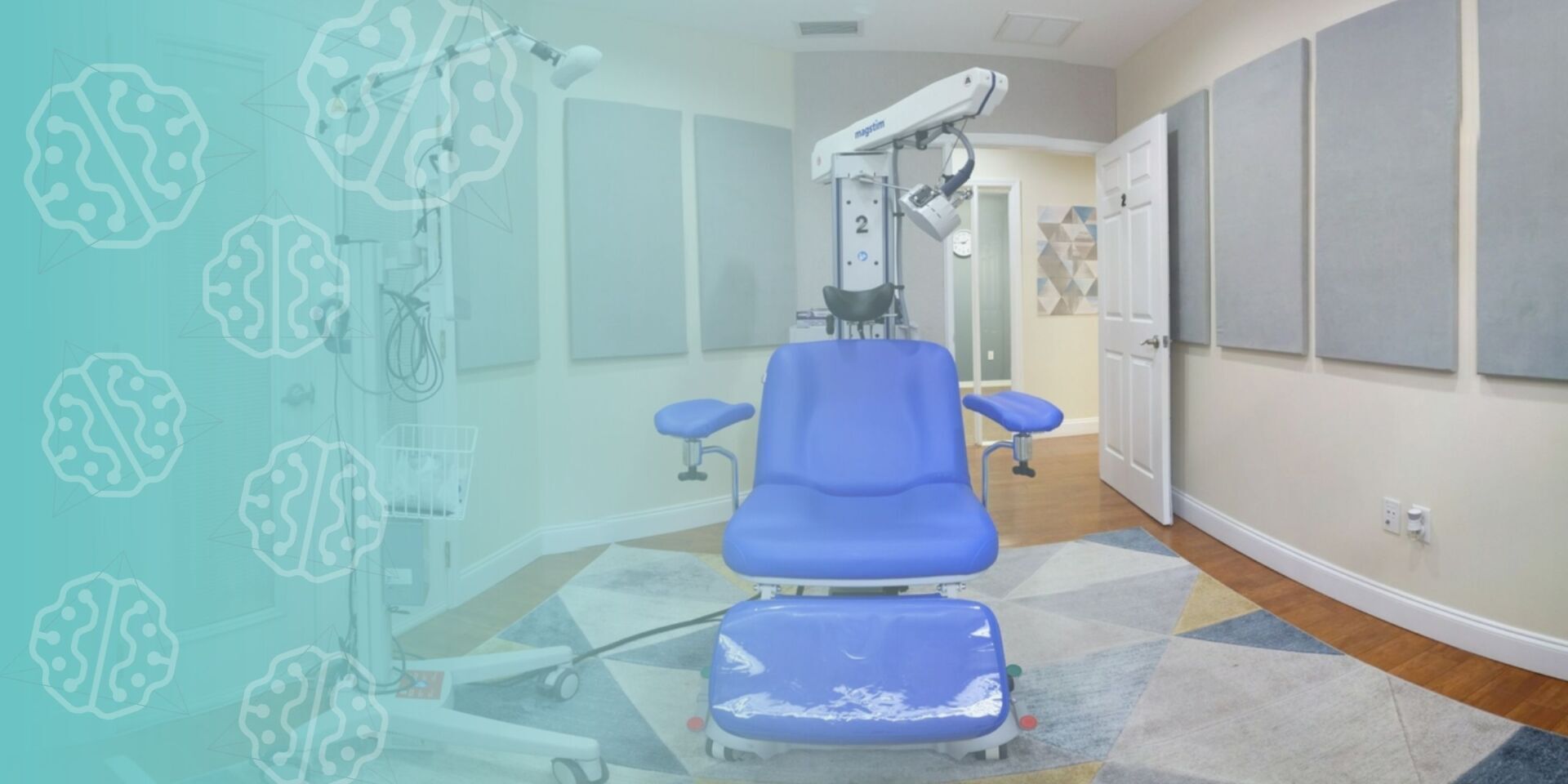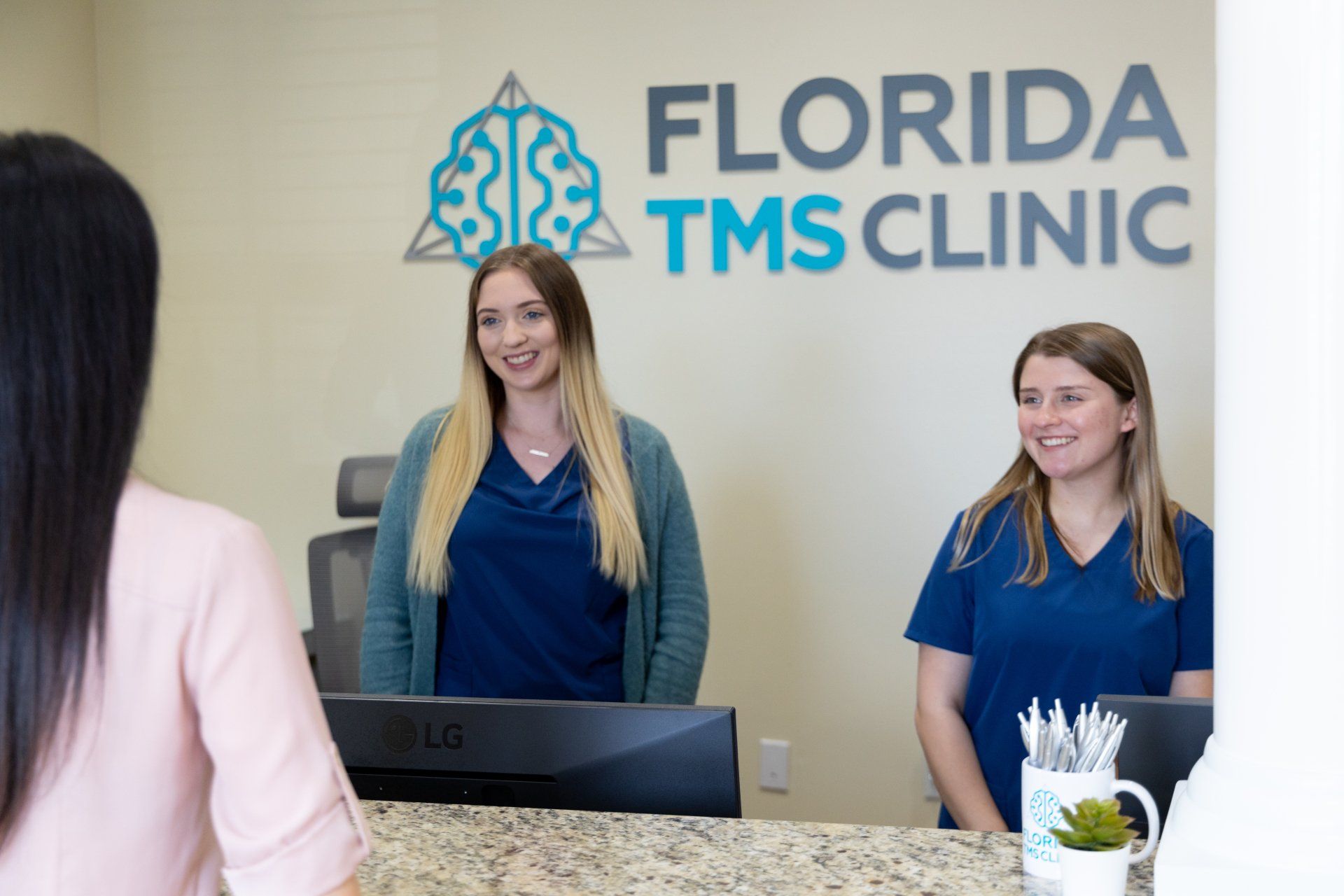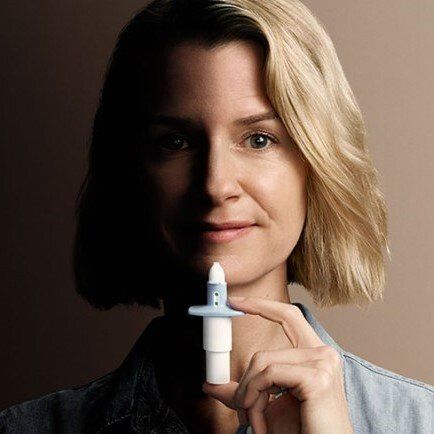Questions You Need to Ask Your TMS Doctor.
So, you decided to gain your life back. You are sick and tired of being sick and tired. You realized that medications are not effective enough. You need something to bring joy back to your life. You learned about TMS. You made the choice to get TMS therapy . Congratulations! This decision could change your life forever. Now you are faced with some tricky questions: Is there more than one type of TMS? Are there different TMS machines and technologies? Which one is right for you? How long should you be treated? How much does it cost?
In this article, I will point out some of the important questions you might want to ask before choosing a TMS clinic.
What kind of TMS machine does your clinic use?
Not all TMS are created equal. As of 2019 there are 7 different manufacturers of TMS systems. Some are capable of performing one type of TMS but not the others. It might be of importance you to find out which machine your TMS clinic use and what TMS protocols it provides. For example, the most commonly utilized TMS machine is NeuroStar. It uses an old technology that is not capable of performing iTBS or nTMS. iTBS offer a much shorter during of treatment sessions. nTMS uses a navigation system to precisely determine the location of the TMS coil on the patient head. The old technology from 2008 uses manual measures to locate the target. This makes it operator-dependent and subject to technician errors.
Who is going to perform your TMS?
It is important to know how involved your psychiatrist is. In many TMS clinic , you meet the psychiatrist only once during the first session. After that all you see is a TMS technician. This is not the standard of care. It is recommended that the psychiatrist re-evaluates you every 5th session. During the re-evaluation, your psychiatrist will repeat your motor threshold determination. The magnetic energy could change periodically as you go along with the treatments. Which makes this reevaluation very important. Also, it is mandated that the treatment delivery is supervised by a psychiatrist on the premises.
How does TMS work? Click here to learn more
How long should you be treated?
It depends on the protocol followed as mention above. Old TMS machines will do the session in 19 minutes. New TMS machines can deliver your treatment in about 3 minutes. Also, the total number of sessions varies based on your progress. A typical course is usually one session a day, 5 days a week for 6 weeks then taper off over 3 weeks with 6 more sessions. This is a total of 36 sessions. Currently, clinical trials are evaluating multiple sessions per day for 5 days only. Results are very promising.
How much does it cost?
Yeah, Sure.
TMS
is covered by most insurances. But you still need to know how much it costs. Firstly, because we all should be educated consumers of healthcare services. Secondly, you might find alternative options that brings your healthcare dollars more value. Here is an example; Joe has XYZ commercial insurance with $6,000 deductibles and 20% copay. Other than
depression
, Joe was generally healthy, and he didn’t spend more than $1,000 on medical expenses throughout the year. This means he still need to pay $5,000 to meet his deductibles before his insurance plan start paying anything. Joes goes to a multi-facility TMS corporation to get his
TMS
. He didn’t realize that this facility had negotiated higher fees with his insurance company. The cost for his TMS is about $8,000 total. He will pay $5,000 + $600 copay for a total of $5,600 while his insurance will pick $2,400 of the “covered service”. If Joe had investigated further, he would have come across a clinic like
Florida TMS Clinic
that provides the most advanced TMS technology for the cost determined by
research.
Florida TMS Clinic goes above and beyond to make sure that every patient gets access to best treatment possible.
